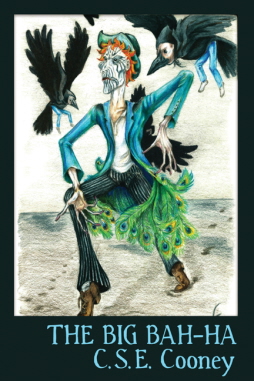Blogging Alex Raymond’s Flash Gordon, Part Seven: “The Undersea Kingdom of Mongo”
“The Undersea Kingdom of Mongo“ was the seventh installment of Alex Raymond’s Flash Gordon Sunday comic strip serial for King Features Syndicate. Originally printed between April 12 and October 11, 1936, “The Undersea Kingdom of Mongo” picks up the storyline where the sixth installment, “At War with Ming” left off with Flash, Dale, and Zarkov’s rocketship eluding Ming’s air fleet in the heavy fog known as the Sea of Mystery.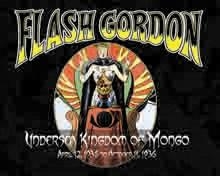
A magneto-ray from the ocean brings the rocketship down, our heroes bail out, but only Zarkov and Dale come ashore on an island with Flash presumed drowned at sea. In fact, the magneto-ray has brought the unconscious Flash below the ocean to the undersea kingdom of Coralia where Queen Undina takes an immediate fancy to Flash.
Undina is the latest in Alex Raymond’s line of femme fatales. It seems that while Mongo has honorable males to offset the many villainous fiends and monstrous creatures, the females of Mongo are all scheming nymphomaniacs. Queen Undina has her chief scientist Triton subject Flash to the lung machine which converts him into a water-breather like her people. Consequently, he is now unable to survive on land. Flash joins Undina, Triton, and a scavenger party in looting the sunken rocketship that brought him to their world when they are attacked by a plesiosaur that Raymond amusingly re-christens a devourosaurus.
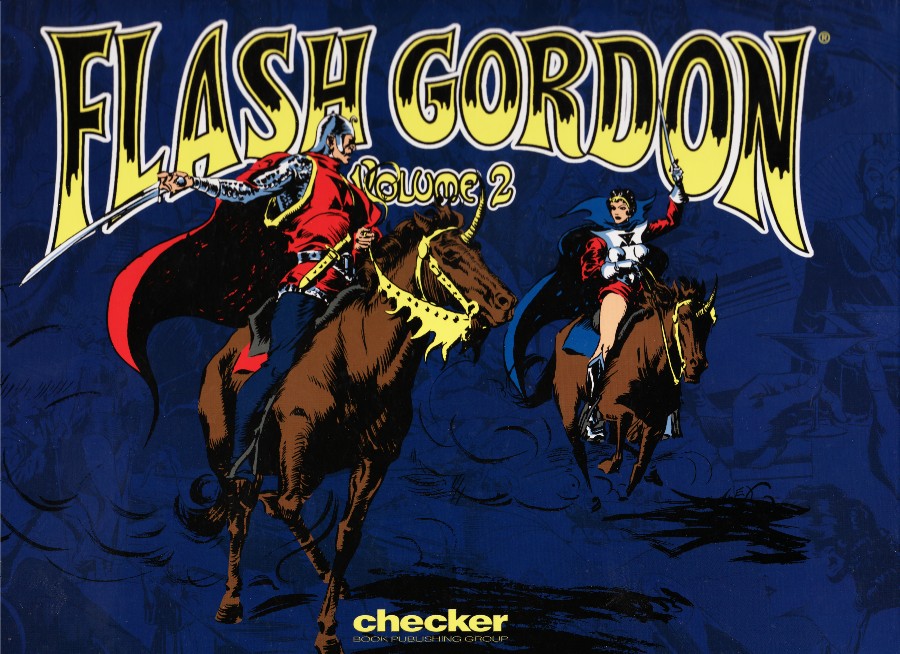

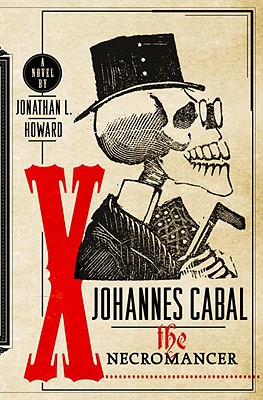
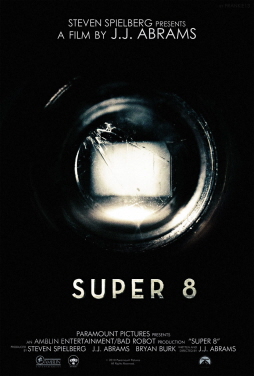 There are bits of wrapping paper static’d to the lamp shade and tendrils of curly ribbon hanging off the chandelier. Here I lay in a sugar and red meat coma under the pressing weight of one too many conversations with the essence of Christmas spirit, three times distilled. With New Years Eve still in front and a bacchanalia of epic proportions behind, what can I do but think happy thoughts about the coming year and a time when the little troll living between my ears will finally stop running in circles and shouting.
There are bits of wrapping paper static’d to the lamp shade and tendrils of curly ribbon hanging off the chandelier. Here I lay in a sugar and red meat coma under the pressing weight of one too many conversations with the essence of Christmas spirit, three times distilled. With New Years Eve still in front and a bacchanalia of epic proportions behind, what can I do but think happy thoughts about the coming year and a time when the little troll living between my ears will finally stop running in circles and shouting.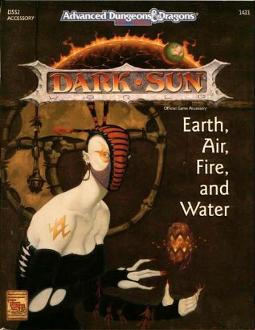
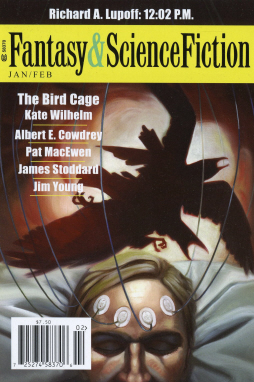
 Don’t Look Now: Stories
Don’t Look Now: Stories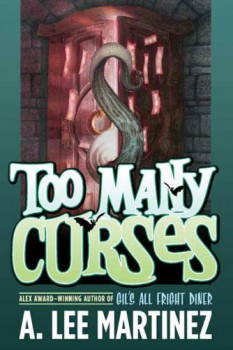
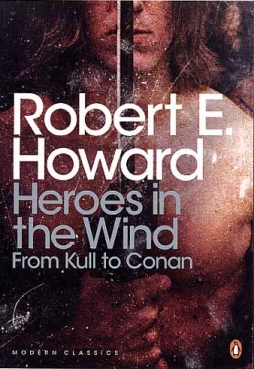 Another year’s drawing to a close, and with it the first full decade of the twenty-first century. It’s a time for looking back, for thinking over what’s happened and what’s going on, in fantasy fiction and elsewhere. I don’t pretend to be in a position to make any worthwhile assessment of fantasy as a whole; but I do want to write about a change that seems to be in process right now. I think it’s a positive change, and potentially a radical one. And I can remember the moment I realised it was happening.
Another year’s drawing to a close, and with it the first full decade of the twenty-first century. It’s a time for looking back, for thinking over what’s happened and what’s going on, in fantasy fiction and elsewhere. I don’t pretend to be in a position to make any worthwhile assessment of fantasy as a whole; but I do want to write about a change that seems to be in process right now. I think it’s a positive change, and potentially a radical one. And I can remember the moment I realised it was happening.